Located in the heart of East Africa, Rwanda stands as a testament to the indomitable spirit of a nation that has overcome adversity and emerged as a captivating destination for travelers seeking a unique blend of culture, nature, and history. From the rolling hills that earned it the moniker "Land of a Thousand Hills" to the lush rainforests, Rwanda beckons adventurers to explore its diverse landscapes, encounter its incredible wildlife, and delve into a complex history marked by both tragedy and triumph.
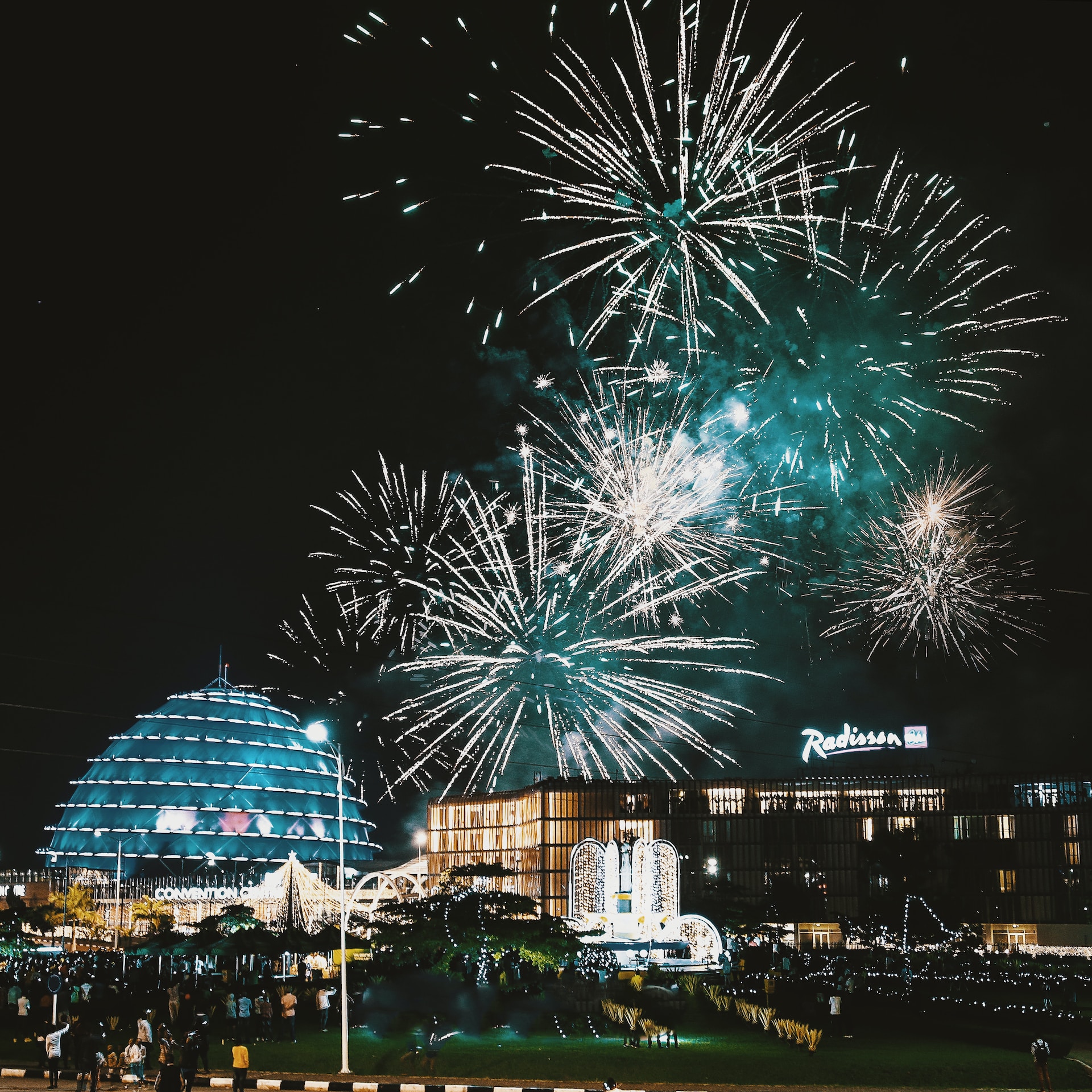 src: unsplash.com
src: unsplash.com
Land of a Thousand Hills
 src: unsplash.com
src: unsplash.com
Rwanda's nickname is not just a poetic phrase; it accurately describes the country's topography. The lush, green hills that characterize the landscape create a breathtaking panorama. Travelers can immerse themselves in the stunning vistas as they traverse the winding roads that connect vibrant towns and villages. The rolling hills provide not only a visual feast but also anopportunity to engage in outdoor activities like hiking and biking.
Below there is a brief description about Virunga mountains in Rwanda;
The Virunga Mountains are a volcanic range north of Lake Kivu in east-central Africa, ranging roughly 50 miles (80 kilometers) along the borders of the Democratic Republic of the Congo, Rwanda, and Uganda. The range flows east-west, perpendicular to the rift valley that contains Lakes Kivu and Edward. The highest of its eight major volcanic peaks is Karisimbi, which stands at 14,787 feet (4,507 metres). The term Virunga ("Volcanoes"), which is likely of Swahili origin, has supplanted the previous Mufumbiro ("That Which Cooks"), which is still used in Uganda. Individual volcanoes have Rwandan descriptive names such Sabinio (Sabinyo; "Old Man with Large Teeth") and Muhavura ("Landmark," or "Guide").
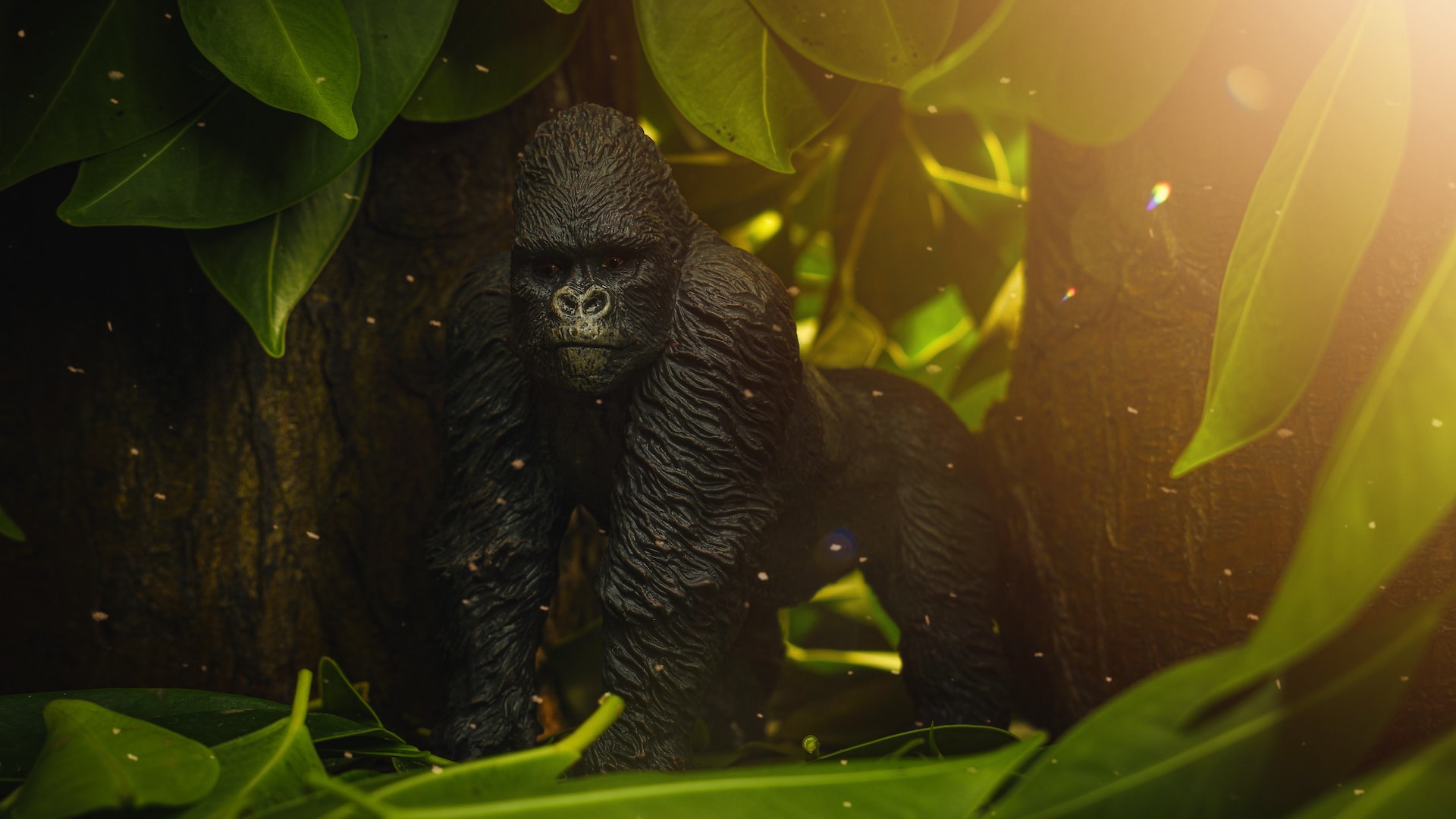 src: unsplash.com
src: unsplash.com
The six volcanoes in the center and east are extinct. Mikeno and Sabinio are the oldest, dating from the early Pleistocene Epoch (which began around 2,600,000 years ago and lasted until around 11,700 years ago); their craters have vanished, and erosion has left a jagged relief. Later in the Pleistocene (900,000 to 130,000 years ago), Karisimbi, Visoke, Mgahinga, and Muhavura emerged, with all save Karisimbi having a crater top. The Muhavura crater contains a tiny lake. Nyiragongo and Nyamulagira appeared at the western end of the chain less than 20,000 years ago, each having large craters. Nyiragongo's main crater is approximately three-quarters of a mile (1.2 kilometers) in diameter and features a liquid lava pool. The lava field of these two volcanoes has remained active, with significant eruptions in 1912, 1938, 1948, the 1970s, and 2002. On many times, a lava torrent touched Lake Kivu's beach. The 2002 Nyiragongo eruption damaged part of the nearby city of Goma, Congo, displacing thousands. Many smaller cones border the larger volcanoes.
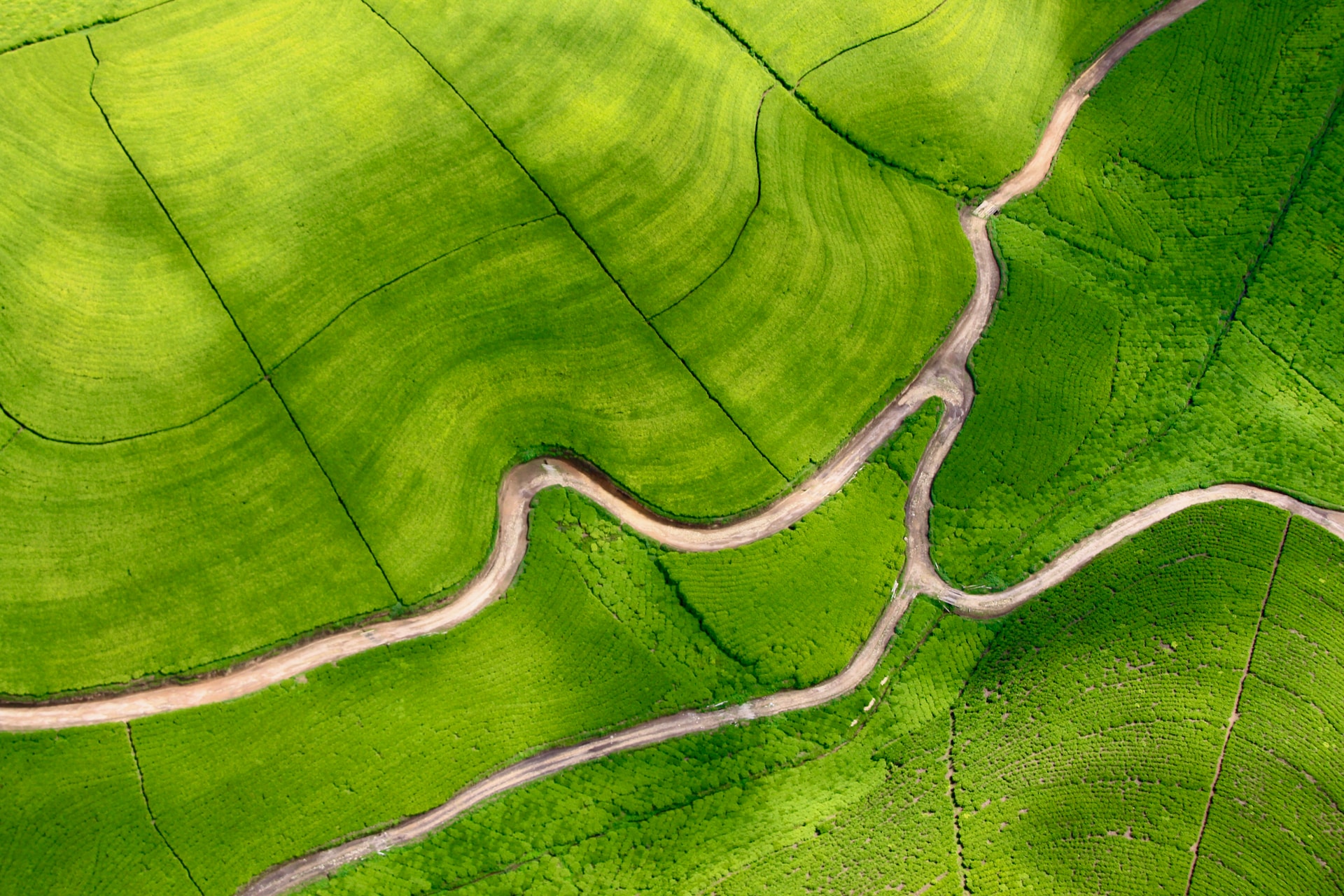 src: unsplash.com
src: unsplash.com
Wildlife Encounters:
For wildlife enthusiasts, Rwanda is a dream destination. The Volcanoes National Park, located in the northwest of the country, is home to the critically endangered mountain gorillas. Trekking through the dense forests to encounter these majestic creatures is an unforgettable experience. Additionally, the park boasts a variety of other primates, making it a biodiversity hotspot. Akagera National Park in the east offers a contrasting experience, with its savannah landscapes and a chance to spot the Big Five – lions, elephants, buffalos, leopards, and rhinoceros.
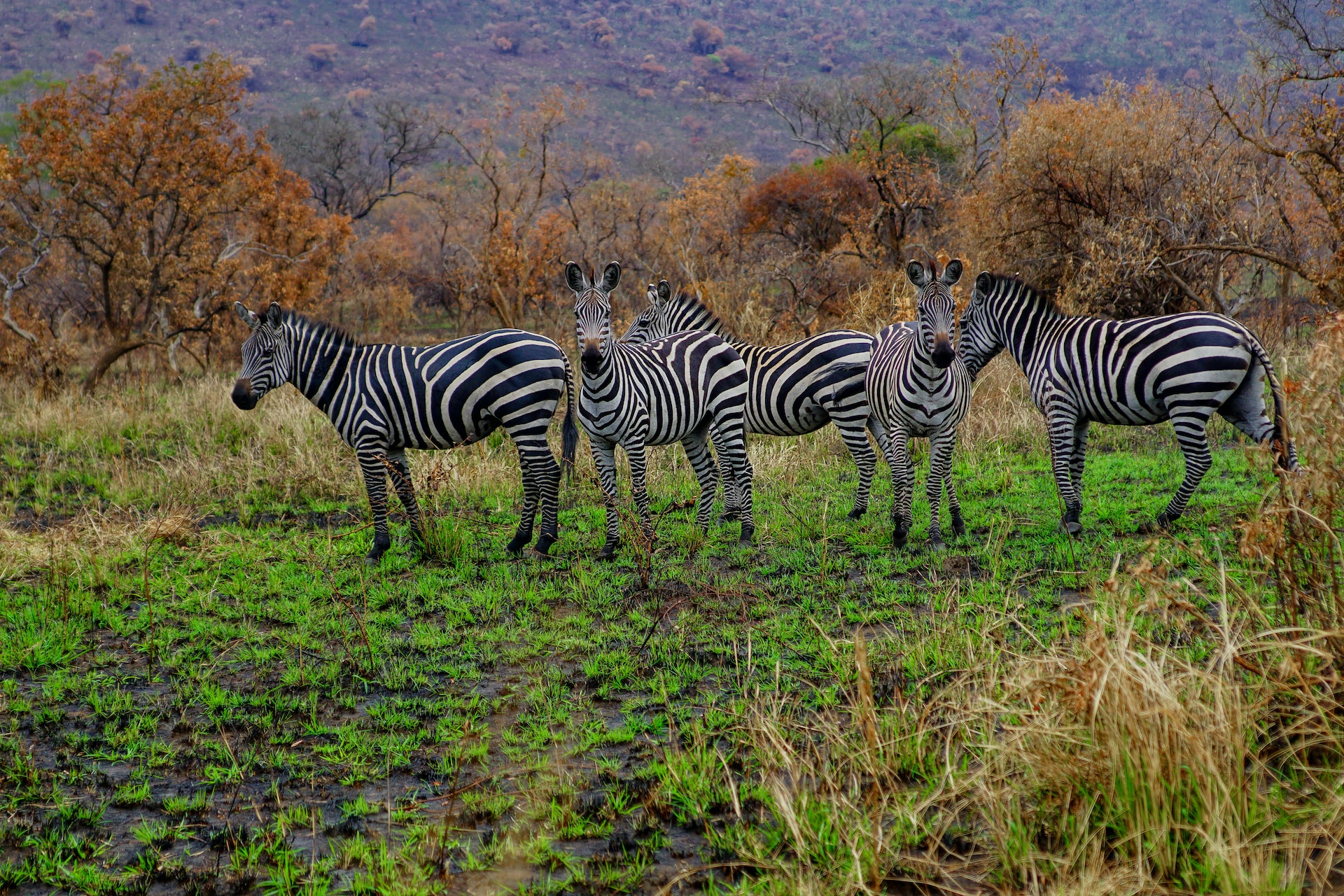 src: unsplash.com
src: unsplash.com
In the east of Rwanda lies Akagera National Park, a savannah landscape that contrasts sharply with the forested terrain of Volcanoes National Park. Akagera is home to the Big Five—lions, elephants, buffalos, leopards, and rhinoceros. A safari in this park offers a chance to witness Africa's most iconic animals against the backdrop of rolling plains and shimmering lakes.
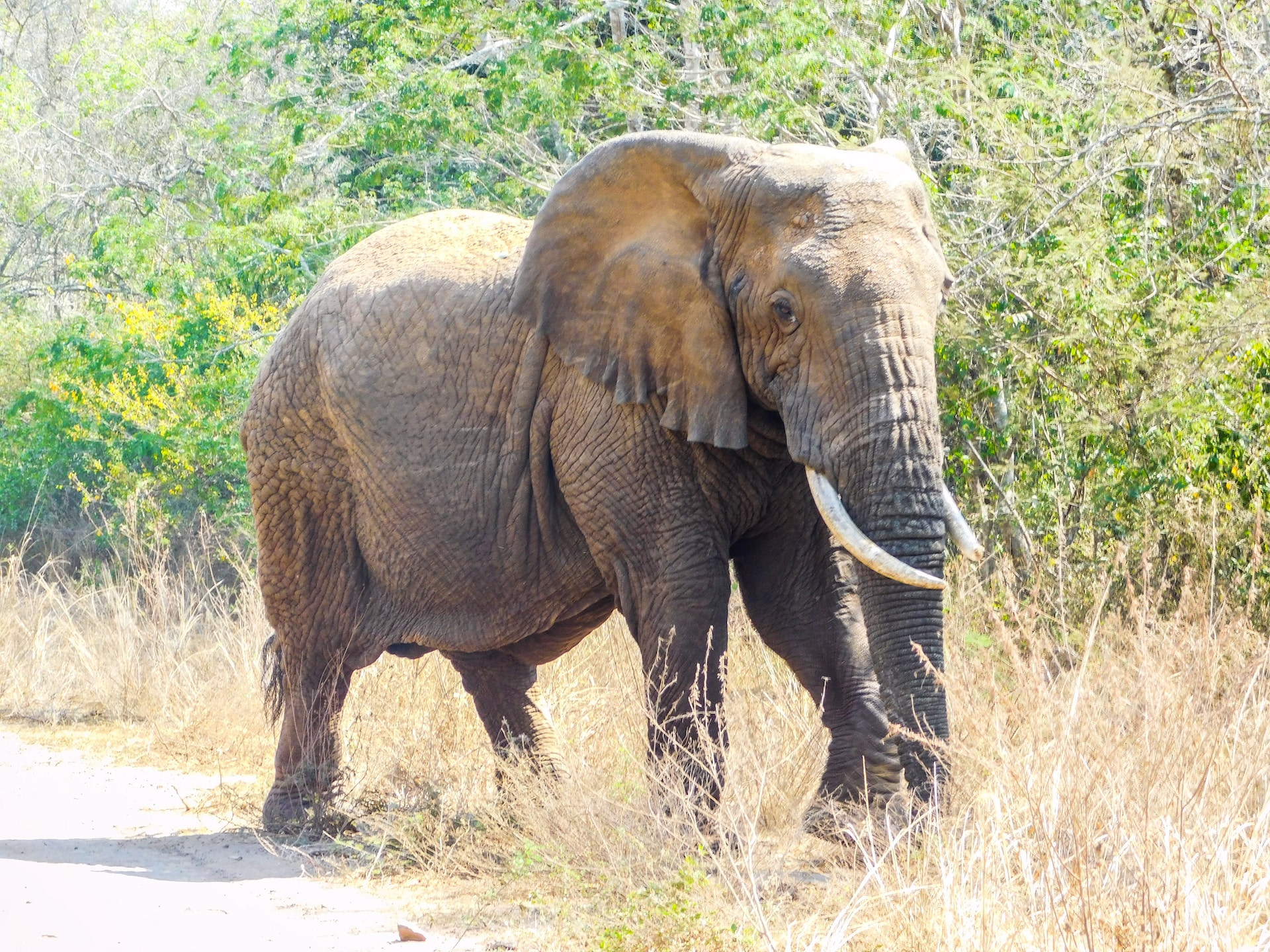 src: unsplash.com
src: unsplash.com
Akagera National Park may seem like a miracle these days. It has a violent history, similar to the country that hosts it. Poachers and squatters had put so much pressure on it that many of its iconic creatures, like lions and rhinos, vanished in a matter of years, leaving it a shell of its former self. In this way, the park serves as a microcosm for the United Nations' recent warnings about the potential unraveling of nature at the hands of humans, including the extinction of up to a million species.
Cultural Riches:
Rwanda's cultural heritage is as diverse as its landscapes. The capital city, Kigali, is a vibrant hub that seamlessly blends modernity with tradition. Visit the Kigali Genocide Memorial to gain insight into the country's tragic history, and witness the remarkable progress Rwanda has made in healing and reconciliation since the genocide in 1994. Engage with the locals in bustling markets, where the vibrancy of Rwandan culture is on full display through traditional dance, music, and crafts.
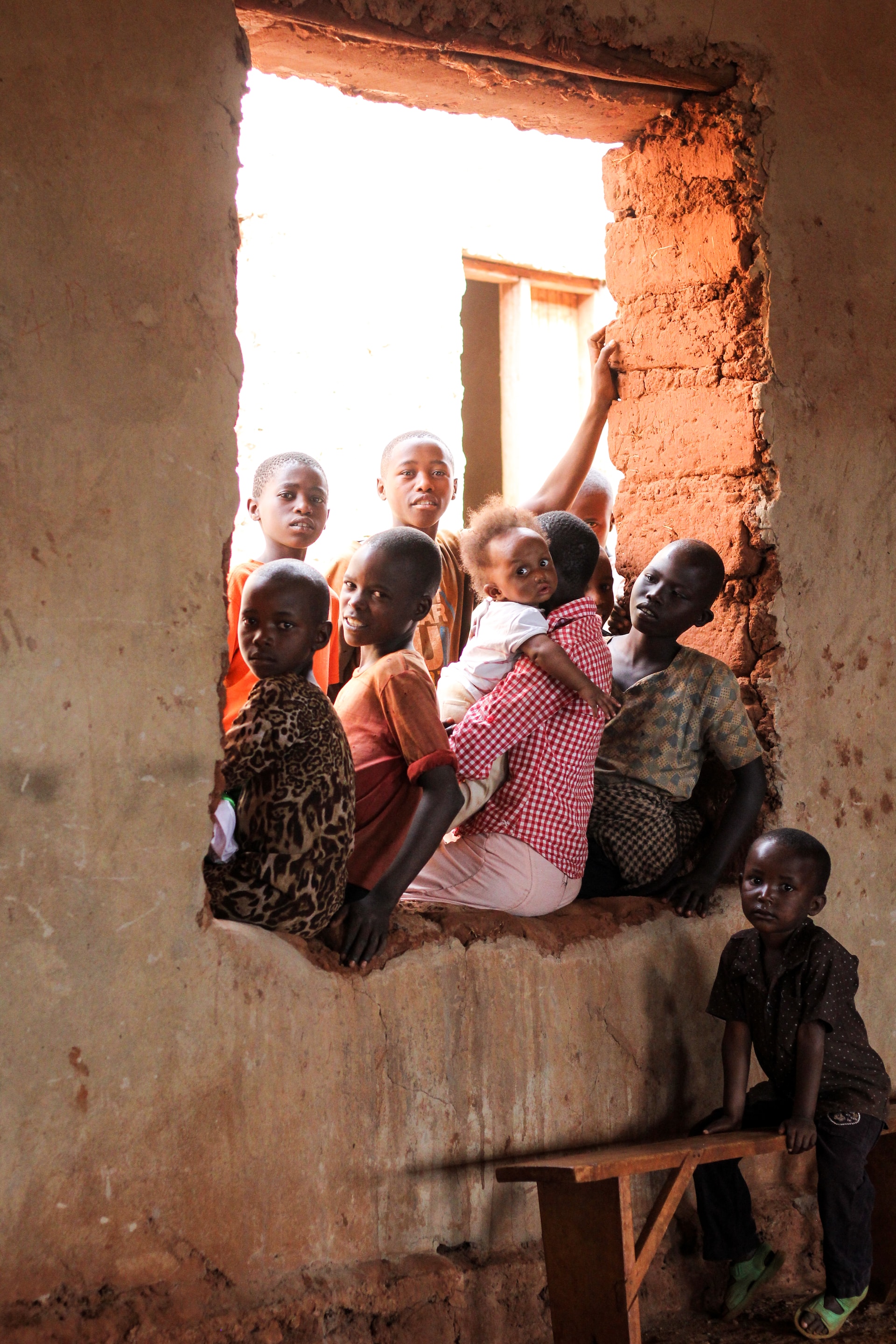 src: unsplash.com
src: unsplash.com
Rwanda's cultural vibrancy comes alive in its traditional dance and music. Local communities welcome visitors with open arms, showcasing their heritage through captivating performances. The Intore dance, characterized by rhythmic drumming and graceful movements, is a highlight that provides a glimpse into Rwanda's rich cultural tapestry.
For a more immersive cultural experience, a visit to the Iby'Iwacu Cultural Village is highly recommended. Located near Volcanoes National Park, this community-driven initiative offers a chance to interact with local villagers, participate in traditional activities, and gain a deeper understanding of Rwanda's rural life.
For a more immersive cultural experience, a visit to the Iby'Iwacu Cultural Village is highly recommended. Located near Volcanoes National Park, this community-driven initiative offers a chance to interact with local villagers, participate in traditional activities, and gain a deeper understanding of Rwanda's rural life.
Lake Kivu:
For those seeking relaxation and tranquillity, the shores of Lake Kivu provide a perfect retreat. This freshwater lake, one of Africa's Great Lakes, is surrounded by picturesque landscapes and offers various water activities. Visitors can explore charming lakeside towns, indulge in fresh seafood, or simply unwind with a sunset cruise on the peaceful waters of Lake Kivu.
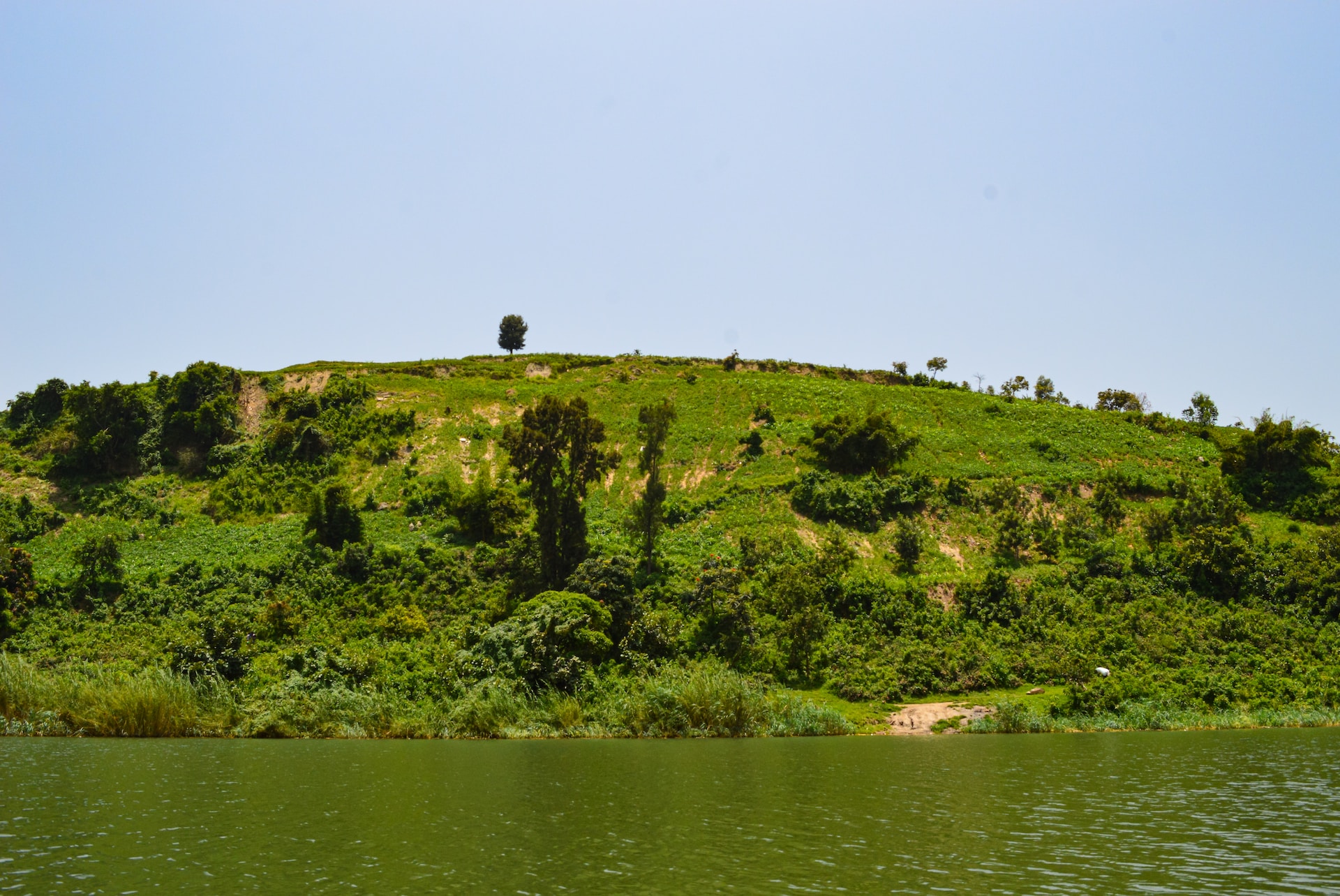 src: unsplash.com
src: unsplash.com
Speaking of Lake Kivu, this vast freshwater lake is not just a scenic marvel but also a hub for relaxation and water-based activities. The towns along its shores, such as Gisenyi and Kibuye, provide a tranquil escape. Visitors can indulge in lakeside dining, take boat trips, or simply bask in the serenity of the surroundings. Lake Kivu's beaches offer a perfect respite after days of exploration.
Nyungwe Forest National Park:
Nature lovers will find paradise in Nyungwe Forest National Park, a protected area that harbors one of the oldest rainforests in Africa. Home to a diverse range of flora and fauna, including over a dozen primate species, Nyungwe offers an enchanting canopy walkway, providing a unique perspective of the lush forest.
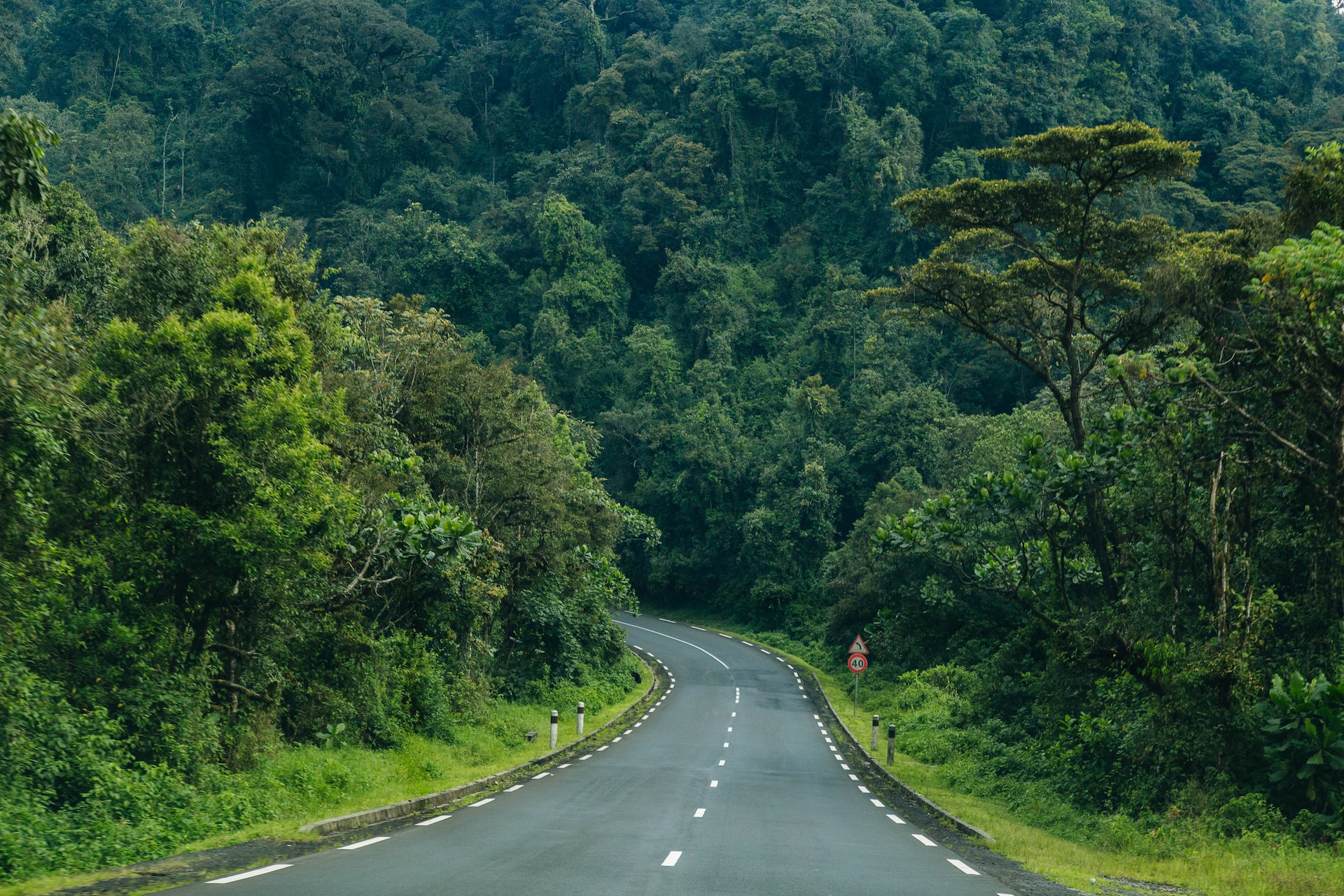 src: unsplash.com
src: unsplash.com
Travelers to Rwanda are required to obtain a visa, which can be obtained online or upon arrival at the airport. The country has streamlined entry procedures to facilitate tourism while ensuring safety and security.Rwanda's climate is temperate and can be visited throughout the year. However, the dry season (June to September) is considered the best time for gorilla trekking and wildlife viewing, as the trails are less muddy and the animals are more active.As with any international travel, it's advisable to check with healthcare professionals regarding vaccinations and health precautions. Rwanda has made significant strides in healthcare, and major cities like Kigali offer medical facilities of international standards.
Mukura-Gishwati national park
Gishwati Mukura, Rwanda's fourth national park, is made up of two different forests: the larger Gishwati and the smaller Mukura, which cover a total of 34 square kilometers plus a buffer zone.
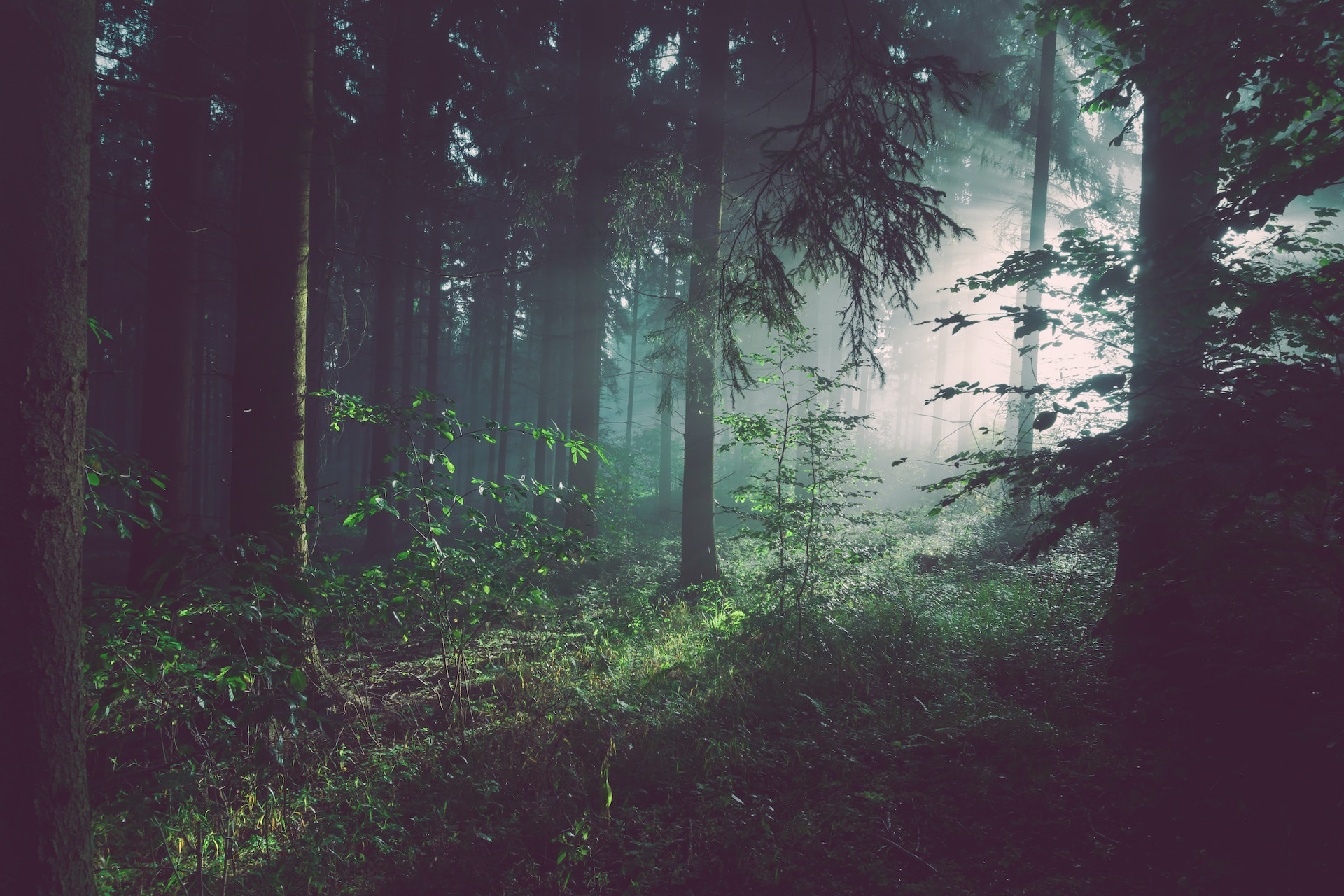 src; unsplash.com
src; unsplash.com
The forests are located on the ridge that separates the Congo and Nile water catchment zones, along the extraordinarily biodiverse Albertine Rift in the west of the country. It consists of 60 different tree species, including local hardwoods and bamboo.
Gishwati is home to a colony of 20 chimps who live alongside golden, L'Hoest, and blue monkeys. Birds are also well represented, with 232 species seen at Gishwati and 163 at Mukura, including Albertine Rift endemics and forest specialists.
The park's activities began in 2019 and include guided nature hikes, chimp and monkey tracking, bird watching, and visits to the waterfalls.
The land was almost completely drained due to relocation, illegal mining in the mineral-rich forest, and animal rearing.
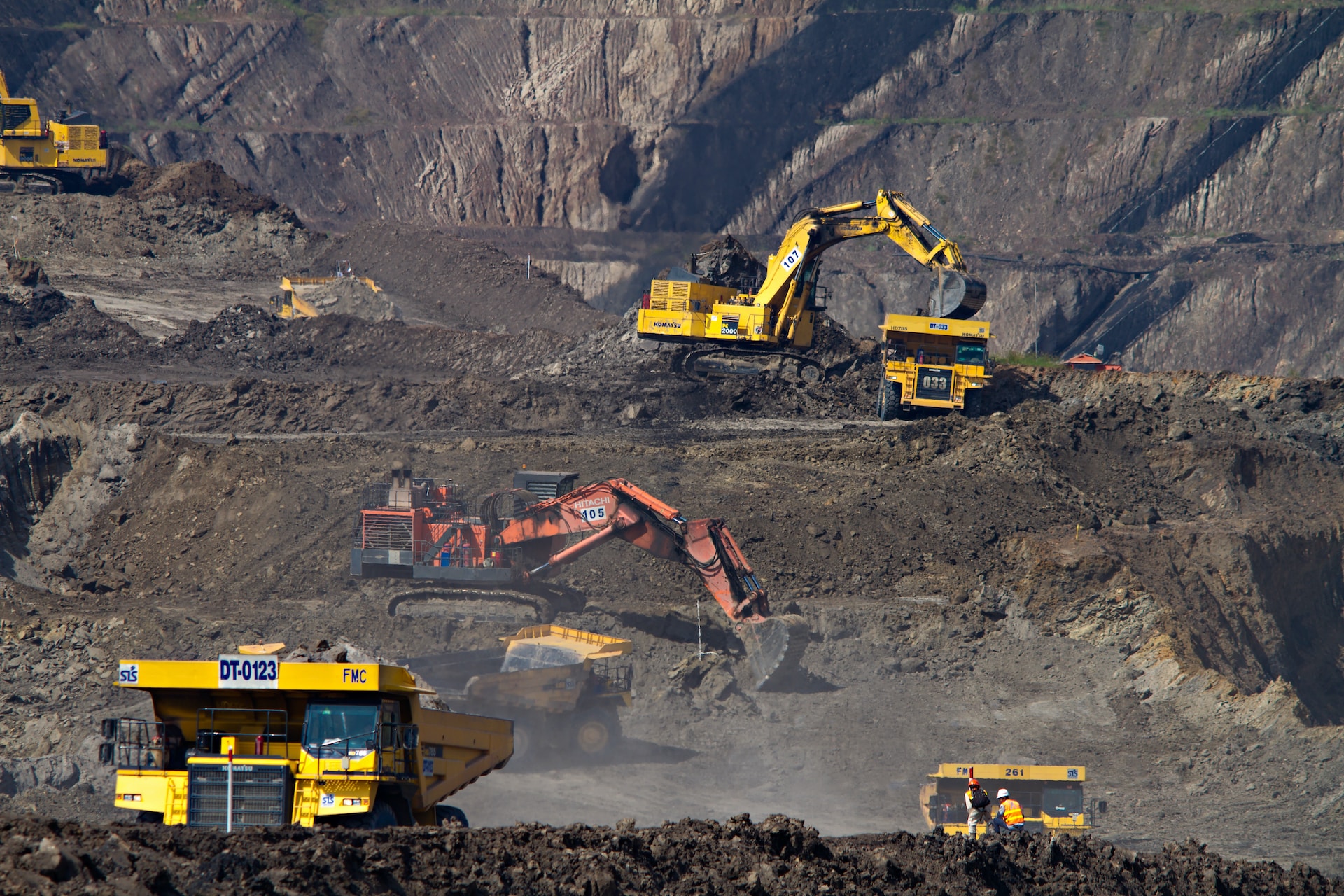 src: unsplash.com
src: unsplash.com
The formalization of its National Park status in 2015 attempts to assist restore the balance by increasing the number of trees, which boost soil fertility, stabilize slopes, and regulate stream flow.
It will also help to improve the livelihoods of the people who live in the surrounding areas, giving the forest a better chance of regeneration while also having the ability to boost living standards over time.
Community-based activities include a farm stay, a live cultural dance, handicraft making, beekeeping, a tea plantation tour, and the opportunity to learn from traditional healers who employ natural botanicals to supplement modern medicine and synthetic pharmaceuticals.
In conclusion, Rwanda is a destination that transcends the ordinary, inviting travelers to explore a land of contrasts and resilience. From the mist-covered slopes of the Virunga Mountains to the vibrant streets of Kigali, each facet of Rwanda tells a story of triumph over adversity and a commitment to a future shaped by conservation, culture, and community. Whether you seek adventure in the wild, cultural enrichment, or a tranquil retreat by the lakeside, Rwanda is a tapestry waiting to be unraveled, offering an immersive experience that lingers in the hearts and minds of those fortunate enough to embark on this extraordinary journey.


You must be logged in to post a comment.